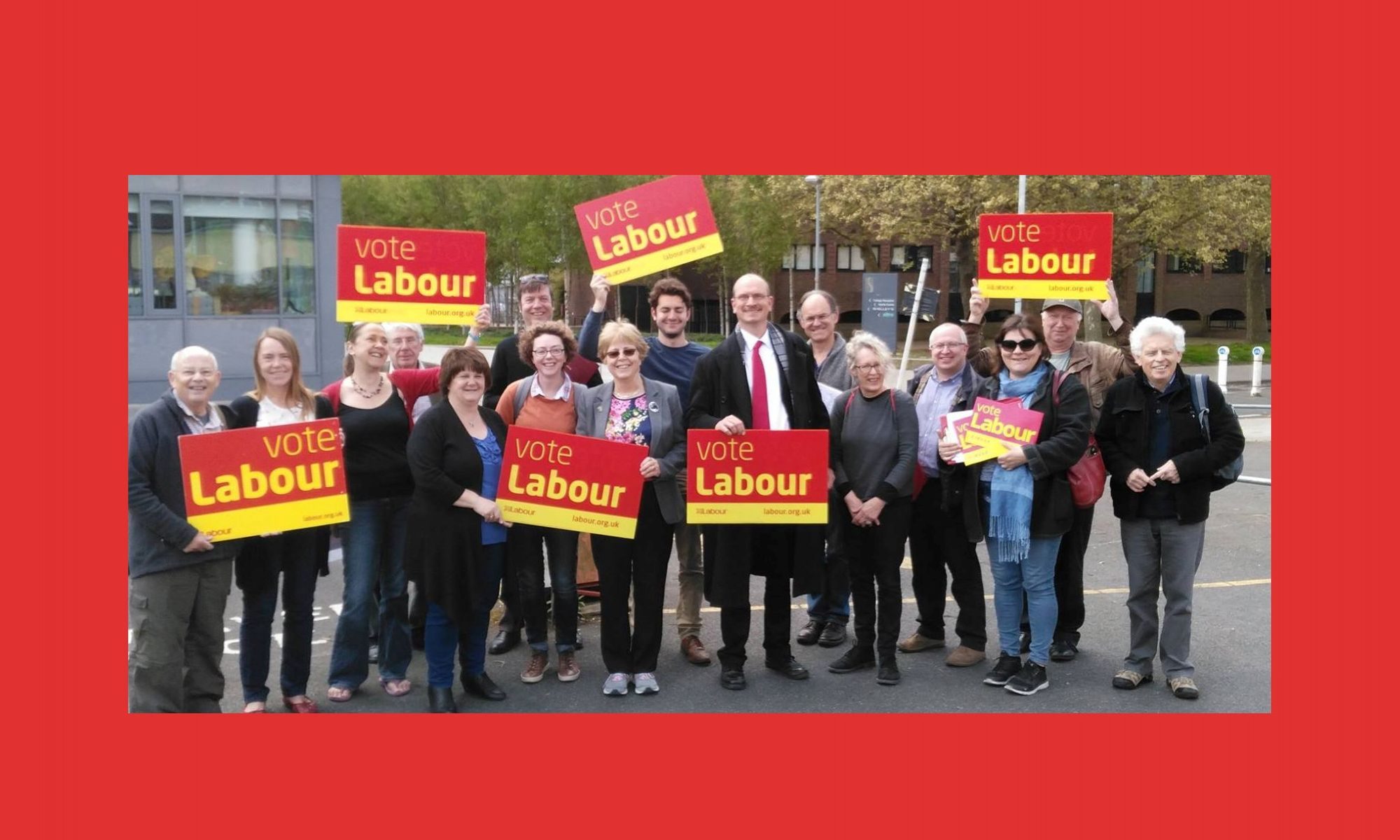The Prime Minister was wrong to say at the Conservative Party Conference that austerity is over. Schools are paid less per pupil – and expect more cuts. Hospitals are struggling, and this week the Health Secretary said he expected A&E waiting times to exceed targets. Our Police are fighting unprecedented levels of organised crime with far fewer officers and staff than before. And many working people are worse off than they were when the Conservatives came into power in 2010.
We all want austerity to end. But I don’t believe the Government understands how to achieve it. Most Conservative MPs simply want to cut spending and go on cutting it whatever the consequences.
When American banks, who had lent money to people who couldn’t pay it back, started to fail in 2007, there was a very real danger that banks all over the world would collapse. Several banks did collapse, in the US, Iceland, Ireland, and Northern Rock in this country. Governments had to act fast, and Gordon Brown, along with Angela Merkel and others, persuaded President Bush that a bail-out was necessary to prevent a Great Depression. As a result, most people in the UK were not driven out of their homes, most people did not lose their pensions or their life savings, and we avoided the huge unemployment of the 1930s.
Government spending increased to meet the challenges, but the main reason for the increase in the deficit was that tax income had dropped, in particular taxes from the financial sector and big businesses. That was why, to bring down the deficit, Labour promised in 2010 to reduce some government spending but to make the main contribution by increasing taxes from big businesses and the very wealthy.
It was the Conservatives who introduced austerity. They slashed spending on education and the police and particularly on local councils. Meanwhile, instead of increasing the taxes on the wealthy, they actually reduced taxes for those earning over £100,000 per year, and for those making unearned capital gains, and for those inheriting over £1 million. Under this government the poorest 10% in the UK pay 42% of their income in taxes (including VAT etc) while the richest 10% pay just 34%. And far too many very wealthy people get out of paying taxes altogether.
The result was that far from abolishing the deficit it actually went up. Debt has grown more than ever before. The Conservatives have not even fulfilled their own justification for their austerity cuts. This shouldn’t be a surprise. It is not possible to pay off a deficit by shrinking the economy. The government has slashed investment, and productivity is historically low in comparison to other countries.
So what would Labour do? Firstly, the time for cuts is well past. We need people to be safe and healthy and well educated, so we would increase funding for schools and the police and the NHS and new homes. And we would invest in preventative services too, so that by putting more money into children’s centres we could reduce the number of children being taken into care, by putting more resources into probation services we could reduce re-offending and save money on prisons, and so on.
Secondly, we need a huge investment in infrastructure to bring our productivity back in line with other big economies. It is no coincidence that, while the Conservatives cut spending and the UK economy shrank, Obama increased spending in the USA and their economy grew. We need millions of new homes, better roads and railways, renewable energy and superfast Broadband. We can’t afford not to spend money on these things – without them, we will not be able to earn our keep in the future.
And thirdly, we need to rebalance the taxation system in favour of the vast majority and not to pander to the very very rich. We need to have sensible levels of capital gains tax and inheritance tax. We need to increase income tax for those earning over £80,000 per year, who can well afford it. And we need to close down all the tax loopholes and make sure that the rich do actually pay their taxes.
When the Chancellor announces his budget at the end of this month, it will become clear if austerity is actually over. All the indications are that austerity, and the cuts, are set to continue. But it doesn’t need to be that way. With a programme of investment and fair taxation, Labour has the means and the political will to end it.
